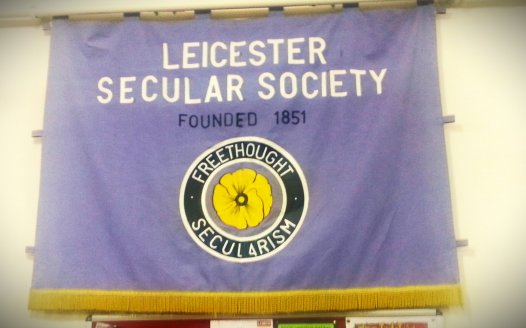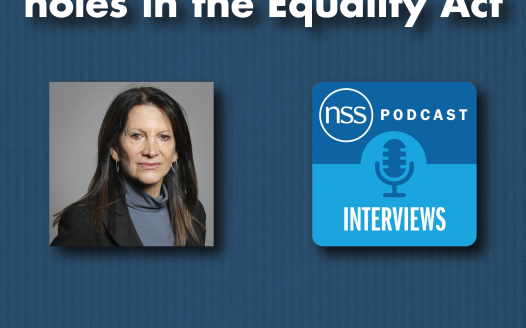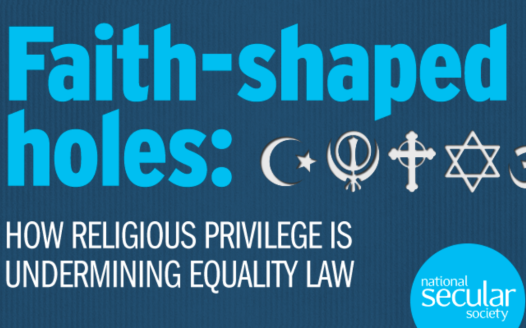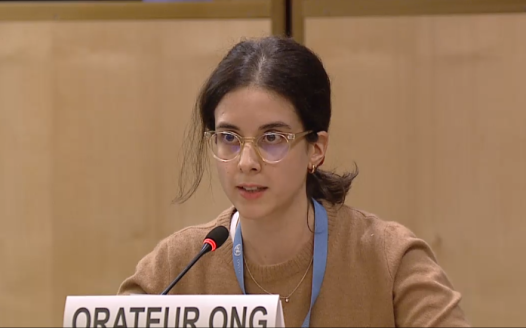Conservative MP says anti-discrimination law is “unwanted”
Posted: Mon, 27th Mar 2017
A Conservative MP has criticised attempts to outlaw caste based discrimination on the basis that it is "unwanted" by the Hindu community.
Backbench Conservative MP Bob Blackman asked the Government for a statement "on the position of the promised consultation document on caste discrimination?"
Some 'high caste' Hindu activists have been resisting campaigns to explicitly outlaw discrimination on the basis of caste, and there have been extensive delays from both the current and coalition governments.
In response to Blackman's question, David Lidington MP, the Leader of the House of Commons, said he understood the matter was "very important to his constituents".
Mr Lidington added that "this particular decision involves not only a policy commitment but the allocation of legislative time," which he said was under considerable pressure from many government departments.
The Government originally promised a consultation on implementing anti-discrimination law in 2014.
The NSS described the most recent announcement, in September 2016, as "a further attempt to stall implementing what Parliament has instructed the Government to do."
The launch of the consultation was last promised for 2016 but it still has not been launched.
If and when the consultation is launched it will ask whether legislation is necessary, rather than how it should be achieved.
This is despite Parliament's requirement and a UN recommendation from 2016 to invoke the relevant section of the Equality Act "without further delay to ensure that caste-based discrimination is explicitly prohibited under law and that victims of this form of discrimination have access to effective remedies".
Mr Blackman claimed that the consultation "will allow the Hindu community in particular the opportunity to put its perspective on why this unwanted, unnecessary and ill-judged legislation can be removed from the statute book."
Keith Porteous Wood, the executive director of the National Secular Society, said: "Caste discrimination legislation is a further example that the Government's obsession with parliamentary sovereignty does not extend to anything the Government does not want to do.
"Its procrastination since the enabling power in 2010 and refusal to act since required to do so in 2013 show a contempt by the Executive for Parliament to which it should be accountable.
"Similarly, its refusal to abide by numerous UN recommendations to follow our international treaty obligations set an appalling international example, especially for a Government whose PM is keen to assure the world it is committed to the rule of law.
"A government report has shown there to be caste discrimination in Britain. The sad truth is that despite the PM's stated concern for people not to be disadvantaged by their racial background, the Government seem much more interested in listening to high caste Hindus who do not want legislation than listening to those who are discriminated against. We have no evidence that the Government have ever sought to listen to the victims. We would not seek misogynists' approval to legislate on sex discrimination."







